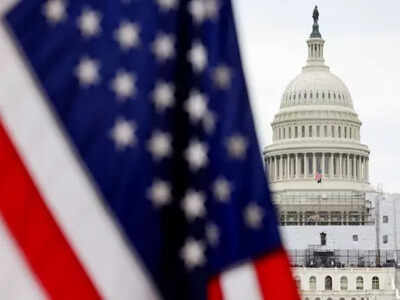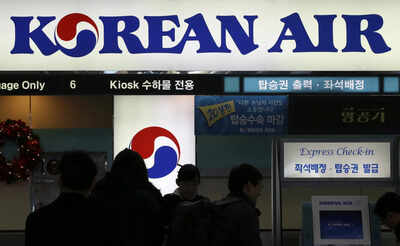US economy: Consumer confidence slips again in August; job market fears rise for eighth month

American consumers became less confident of the US economy in August, as worries over the jobs market continuing to mount for the eighth month in a row.Figures released on Tuesday by the Conference Board showed that its consumer confidence index slipped to 97.4 in August from 98.7 in July, a 1.3-point decline. The reading, though modest, stayed within the same tight range recorded over the past three months and matched economists’ expectations.Short-term expectations for income, business conditions and employment also weakened, falling by 1.2 points to 74.8. Remaining well below the 80 mark, the figure is seen by many economists as a signal that recession risks are rising. Consumers’ assessment of current conditions edged down too, at 131.2 in August compared with 132.8 the month before.Despite unemployment and layoffs still being historically low, analysts say that the labour market has lost momentum this year, with increasing signs that job seekers are struggling.In July, US employers created only 73,000 jobs, far fewer than the 115,000 economists had forecast. Revisions to earlier figures for May and June erased another 258,000 jobs. The unemployment rate also crept up from 4.1% to 4.2%. The disappointing update shook financial markets and led US President Donald Trump to dismiss Erika McEntarfer, the head of the Bureau of Labor Statistics, which publishes the monthly figures.Government data from June highlighted further weakness, with job openings falling to 7.4 million from 7.7 million in May. The number of workers quitting their jobs, a measure of confidence in finding new opportunities, also declined.More updates on the labour market are expected next week when August’s hiring and June’s job openings reports are released.The Conference Board added that mentions of inflation and high prices had risen again in August, often linked to tariffs. Separate data this month showed consumer prices were steady between June and July, but wholesale inflation jumped unexpectedly. Economists warn that tariffs on imports are pushing up costs for businesses and could soon result in higher prices for households.The share of Americans expecting a recession within the next year rose in August to the highest level since April, when the tariff measures were first rolled out.





